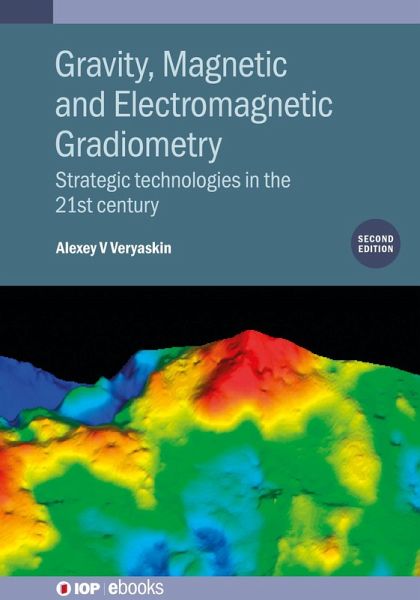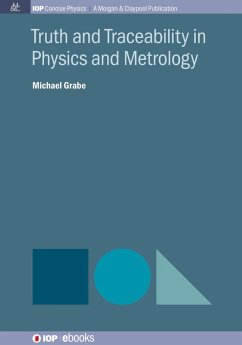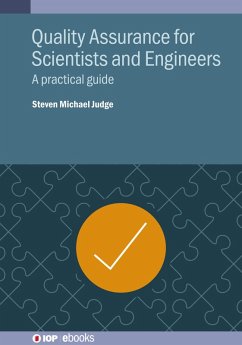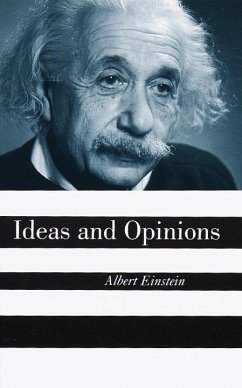
Gravity, Magnetic and Electromagnetic Gradiometry (Second Edition) (eBook, ePUB)
Strategic technologies in the 21st century
Versandkostenfrei!
Sofort per Download lieferbar
79,95 €
inkl. MwSt.
Weitere Ausgaben:

PAYBACK Punkte
40 °P sammeln!
Gradiometry is a multidisciplinary area that combines theoretical and applied physics, ultra-low noise electronics, precision engineering, and advanced signal processing. Applications include the search for oil, gas, and mineral resources, GPS-free navigation, defence, space missions, and medical research. This book provides readers with a comprehensive and updated overview of the history, applications, and current developments in relation to some of the most advanced technologies in the 21st Century, especially regarding future challenges in natural resource exploration in the changing energy...
Gradiometry is a multidisciplinary area that combines theoretical and applied physics, ultra-low noise electronics, precision engineering, and advanced signal processing. Applications include the search for oil, gas, and mineral resources, GPS-free navigation, defence, space missions, and medical research. This book provides readers with a comprehensive and updated overview of the history, applications, and current developments in relation to some of the most advanced technologies in the 21st Century, especially regarding future challenges in natural resource exploration in the changing energy supply environment and a post COVID world. This new edition incorporates the most important new directions bringing fresh ideas into the field, including quantum or quantum-enabled sensing and miniaturization of the operational environment in which gradiometers should function.
Key Features
Key Features
- Reviews all sensor technologies for gravity gradiometry.
- The first book to include a breakdown of quantum sensing for gravity gradiometry.
- Includes applications in natural resource exploration, defence industry, archaeology, environmental science, GPS free navigation and medical research.
- Reviews current themes and direction of research, as well as industrial landscape and applications.
- Interdisciplinary readership - for technologists developing systems and practitioners using systems in the field.
Dieser Download kann aus rechtlichen Gründen nur mit Rechnungsadresse in A, D ausgeliefert werden.













